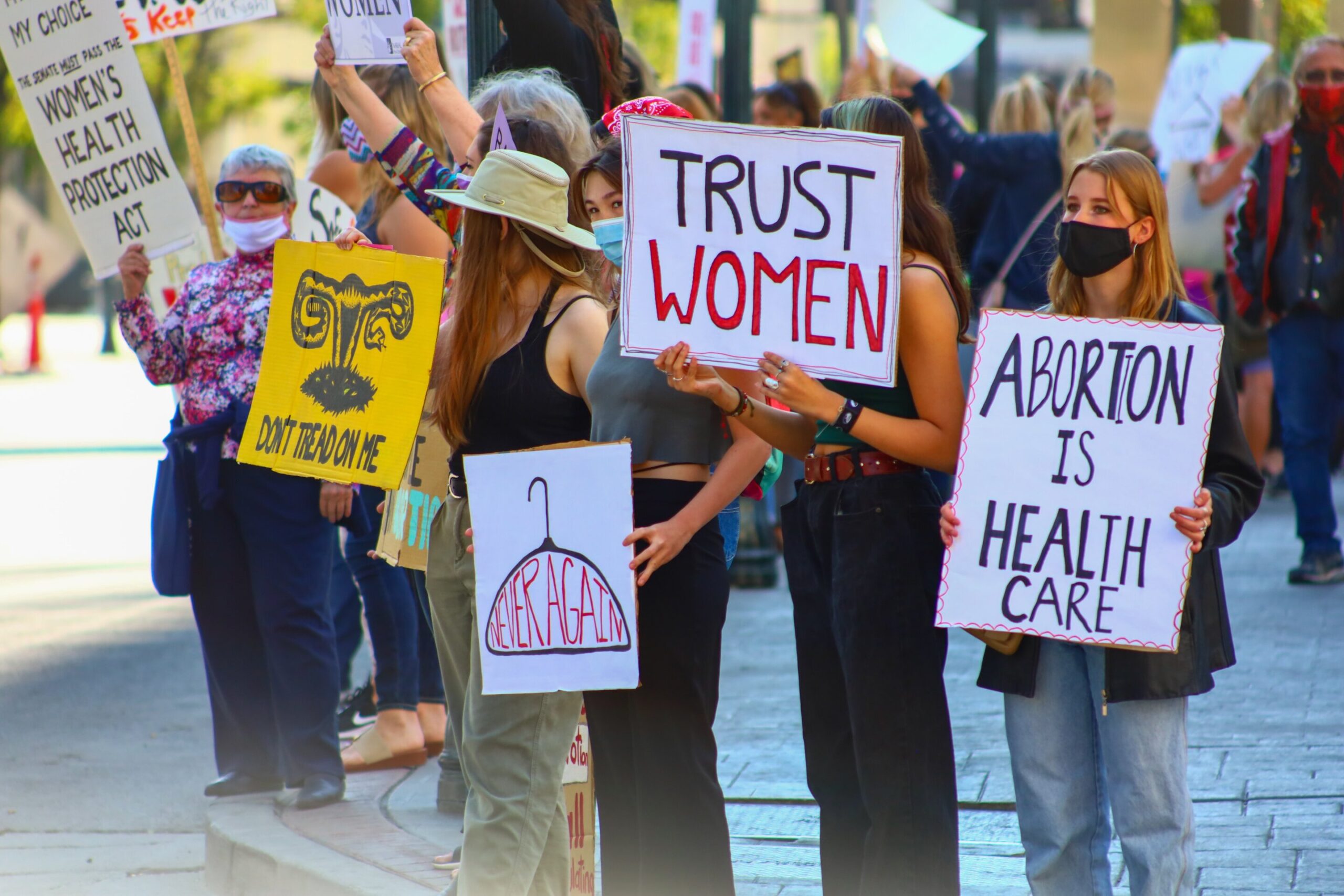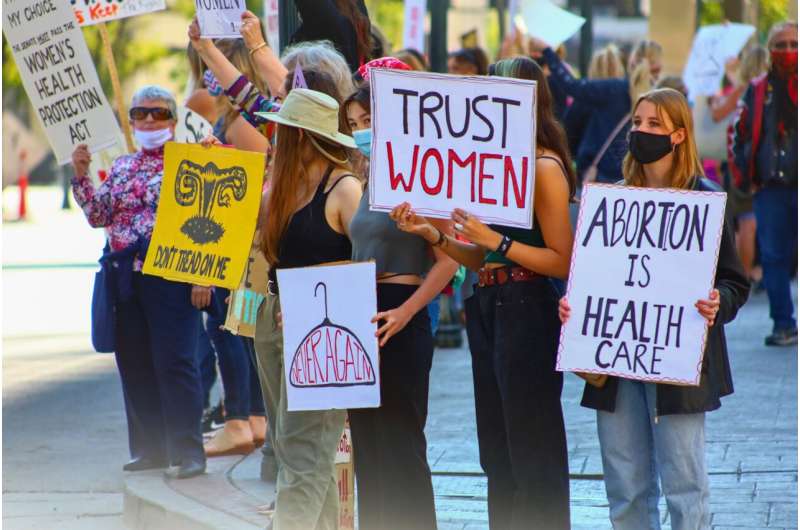

Researchers at the University of Houston say major state-level shifts in social and legal rights available to women and lesbian, gay, bisexual and transgender (LGBT) individuals are affecting interstate migration attitudes and may have negative impacts on states’ economies and workforces.
In a study published in Population Research and Policy Review, researchers surveyed more than 1,000 people from varying backgrounds after the U.S. Supreme Court’s decision last year that ended the constitutional right to an abortion and assessed their views on the desirability of moving to a state with restrictions on access to abortions, gender-affirming medical care, participation in team sports for transgender individuals, teaching about gender and sexuality in schools, same-sex marriage and protections from employment discrimination based on sexual orientation.
“The majority of people who responded to our survey, regardless of their political orientation, indicated they would be less willing to move to states with these policies or that the policies wouldn’t affect their decision to do so,” said Amanda Baumle, lead author and sociology professor at UH. “These policies are much more of a deterrent to migration than an incentive.”
The study found that women, and their partners, gay men, lesbians and those with LGBT family members may choose to avoid states with policies suggesting an unfriendly political environment. The findings also suggest that those in higher-earning occupations, or those who are invested in work or education opportunities, could be discouraged from moving to states with these policies.
“Migration attitudes provide an important benchmark for understanding how abortion and LGBT laws and policies influence opinions about the desirability of states as potential destinations,” Baumle said. “If the policies are deterring people from moving to a certain state, there could be negative economic and workforce impacts.”
According to the New York Times, 21 states now ban or restrict abortions. In several other states, there is an ongoing legal battle over abortion access. And the American Civil Liberties Union says state legislatures advanced more than 500 anti-LGBT bills this year, more than double the number of similar bills introduced last year.
The UH study found most people are averse to moving to states that enacted highly restrictive abortion laws, such as bans on traveling to other states for abortions or policies allowing people to report abortion seekers to authorities. They were the least averse to moving to states with restrictions related to gender-affirming care for children, transgender children playing on sports teams different than their assigned sex at birth and education-related restrictions such as “don’t say gay” laws.
“I think that fits in with a lot of prior research that people perceive children as in need of being sheltered from anything that falls outside of the gender binary or heterosexuality,” said study co-author Elizabeth Gregory, professor of English and director of Women’s Gender and Sexuality Studies at UH. “Something that was somewhat surprising was that restrictions on participation in sports for transgender youth was viewed less negatively for migration and more as a potential draw than any of the other policies.”
One of the key takeaways of the study, Baumle says, is that states continuing to enact these laws and policies may do so at considerable risk of diminishing their state’s attractiveness, or pull, as a potential migration destination.
“Our findings suggest these restrictive laws and policies have implications for migration attitudes beyond women and LGBT individuals,” Gregory said. “States, including legislators and business owners, should consider potential social and economic effects of these actions as an important part of their policy deliberations.”
More information:
Amanda K. Baumle et al, Effects of State-Level Abortion and LGBT Laws and Policies on Interstate Migration Attitudes, Population Research and Policy Review (2023). DOI: 10.1007/s11113-023-09842-7
Provided by
University of Houston
Citation:
Study finds new abortion and LGBT policies negatively impact interstate migration (2023, December 11)
retrieved 11 December 2023
from https://phys.org/news/2023-12-abortion-lgbt-policies-negatively-impact.html
This document is subject to copyright. Apart from any fair dealing for the purpose of private study or research, no
part may be reproduced without the written permission. The content is provided for information purposes only.





